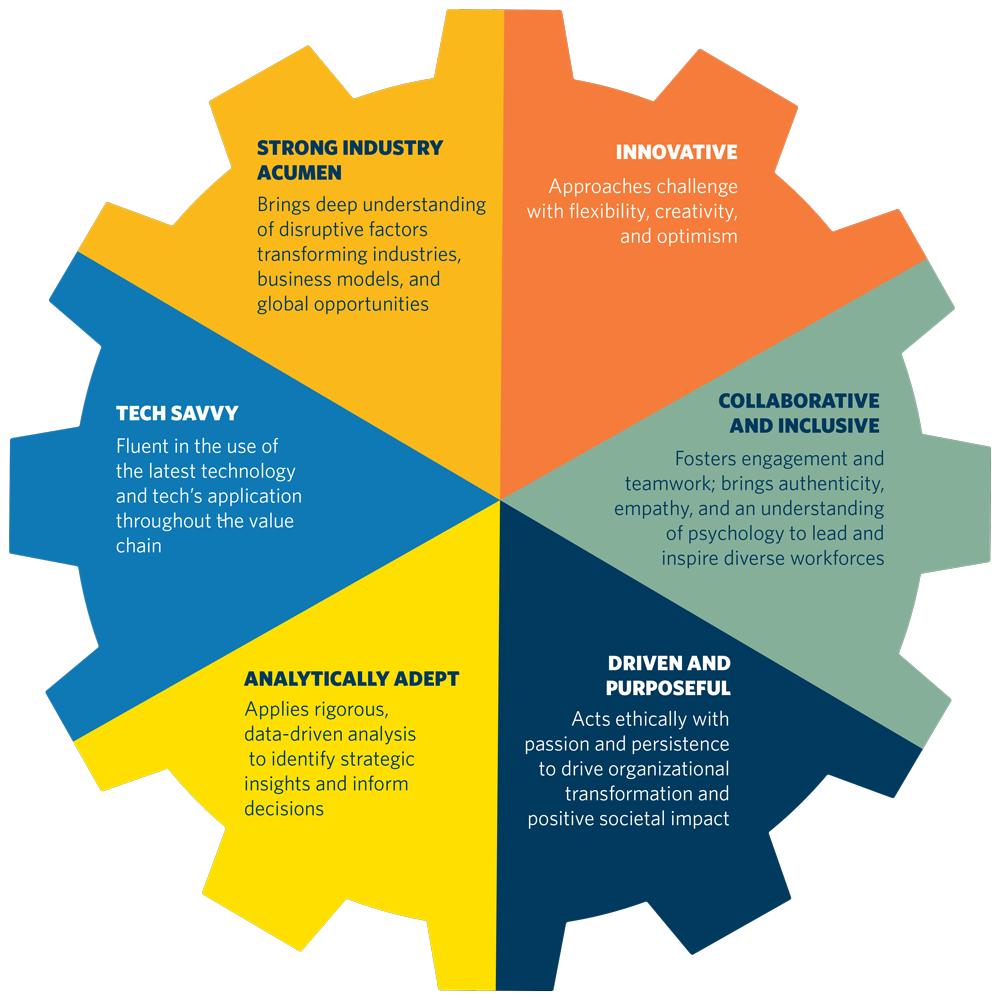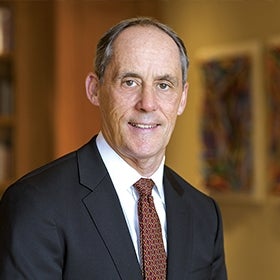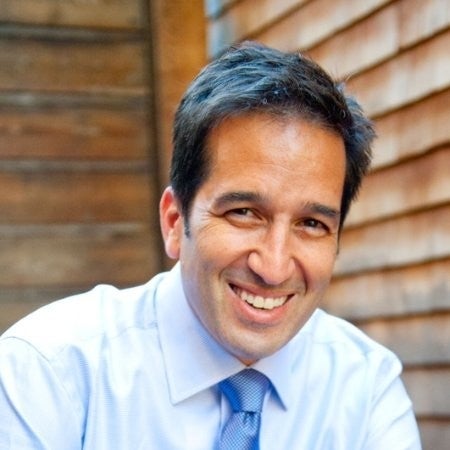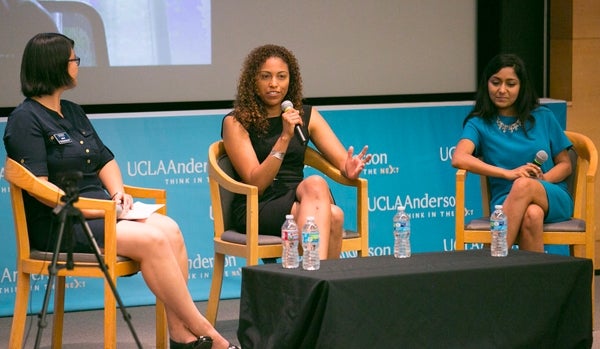
The Wonderful Company
Transformative Leaders solve complex business problems through these capabilities on the left…


... And catalyze action in organizations, teams and individuals through these capabilities on the right
While all courses including electives are designed to address and teach one or more of the capabilities above, below are the specific courses and optional specialization that further fortify your transformation as a leader:
![]()
![]()
Throughout your MBA experience, you receive one-on-one monthly coaching sessions to help you become a Transformative Leader
![]()

Our One-On-One Leadership Coaching Model:

The capstone leadership course of the Executive MBA program addresses practical decision-making challenges leaders face when confronting decisions alone and in groups. Students learn to recognize cognitive biases in themselves and in others and gain skills to re-calibrate group dynamics in order to achieve better results. These skills are taught experientially through participatory simulations and posthoc analyses.





The UCLA Anderson Executive MBA is all about confronting business challenges head-on. For many professionals, public speaking represents a unique area of discomfort. The Executive MBA will help you hone your skills to create and deliver a top-notch persuasive pitch. You will also develop techniques for tackling difficult business conversations, including employee reviews and interventions.
If you're looking for additional opportunities to sharpen your leadership communication skills there are elective courses that focus on persuasion, thinking on your feet and negotiations.

Eve Glazier, M.D.
President, Faculty Practice Group at UCLA Health